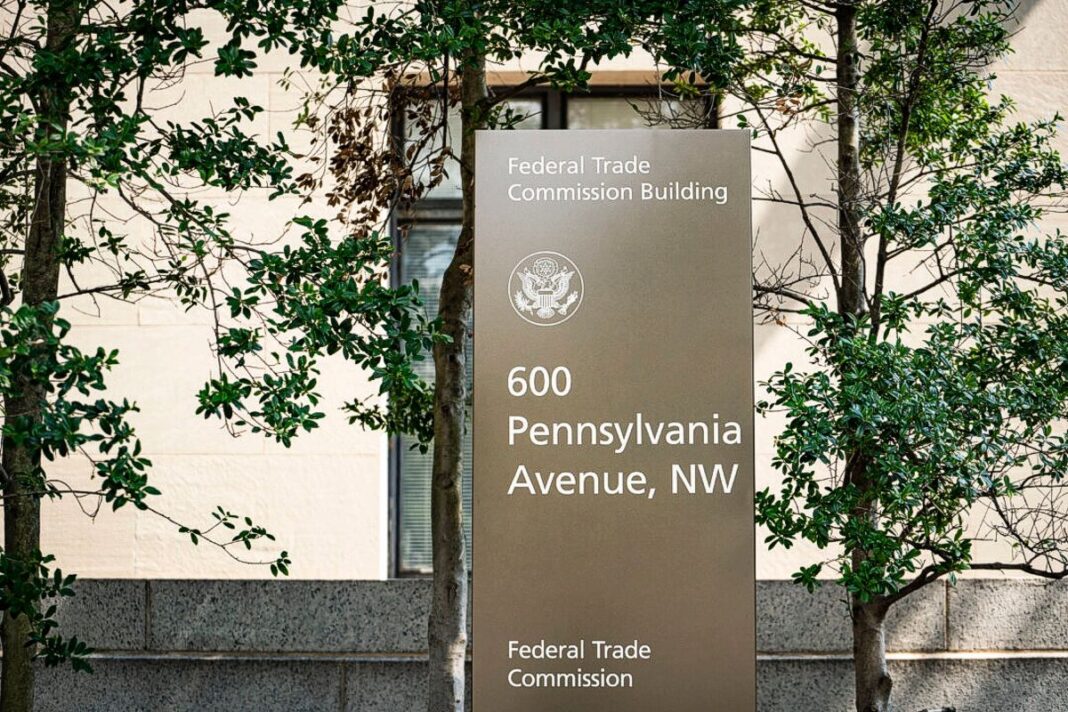Regulators say in one instance a now banned operator used fake promises of loan forgiveness to collect over $16 million in illegal fees.
The Federal Trade Commission (FTC) is warning borrowers to steer clear of student loan debt-relief scams, after shutting down a group of companies last month that allegedly charged millions in illegal fees and left customers worse off.
The warning, issued June 6, comes as part of a broader push by the FTC to raise awareness about deceptive debt-relief schemes targeting Americans with student loans.
In a recent enforcement action, the agency permanently banned California-based Panda Benefit Services and its affiliates from the debt-relief industry. The FTC said the companies posed as partners of the Department of Education and promised borrowers quick loan forgiveness in exchange for upfront payments.
According to the FTC, the companies collected more than $16.7 million from consumers who were told their loans would be forgiven or significantly reduced. Instead, the scammers kept the money and never delivered on their promises.
“It’s illegal for anyone to charge fees before they help you or to pretend they’re affiliated with the Department of Education,” the FTC said in the consumer alert.
The Education Department does not work with private companies that demand payment in advance, and borrowers should be cautious of anyone claiming otherwise.
The now-banned companies, including those doing business under names like Prosperity Benefit Services and Pacific Quest Services, were first sued in 2024. At the time, the FTC alleged the operators sent deceptive mailers marked “FINAL NOTICE” and “Time Sensitive,” and made false promises of full loan forgiveness.
Borrowers were also misled into sharing personal financial details, including their Federal Student Aid ID, which scammers could use to access accounts or steal identities.
The case was one of the FTC’s first under a new federal rule that strengthens its ability to penalize those impersonating government agencies. Several judgments in the case ordered the defendants to surrender assets and banned them from telemarketing and making misrepresentations about financial services.
The FTC emphasized that no private company can do anything for borrowers that they can’t do themselves for free at StudentAid.gov. This includes applying for income-driven repayment plans, consolidating loans, or exploring forgiveness options—none of which require payment to third-party services.
By Chase Smith








